Zhao Rui has been suspended for five games and fined 100,000 yuan, a decision that has left everyone stunned. Honestly, this punishment seems somewhat confusing. The incident began when Zhao Rui collided with the referee, and his impulsive behavior was influenced by external factors.
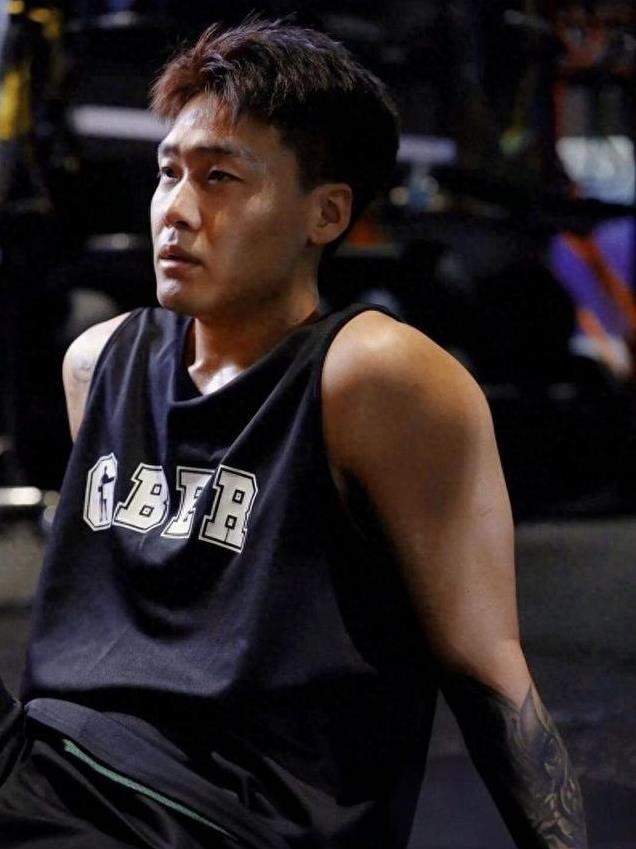
To put it bluntly, the referee's unfair rulings, coupled with the controversial nature of the game itself, led to this conflict. However, the final outcome makes people feel as if the wrong person was punished. Some netizens say: This matter is clearly the referee's problem; Zhao Rui had reasons to lose control of his emotions, yet he ended up being penalized with a five-game suspension. Isn't that too unfair?
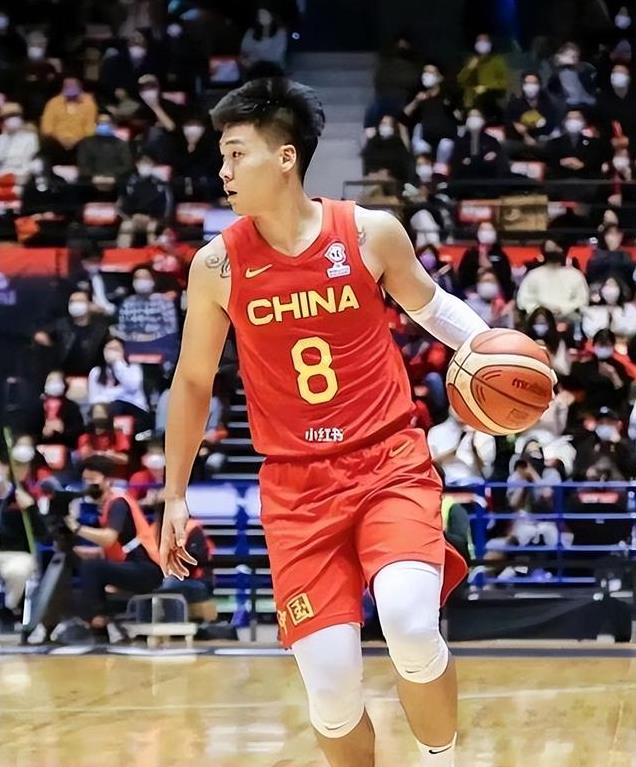
Honestly, what Zhao Rui did was indeed incorrect, but is this punishment too lenient? Colliding with a referee is a significant issue; logically, a heavier sentence should have been imposed to match the severity of the situation.
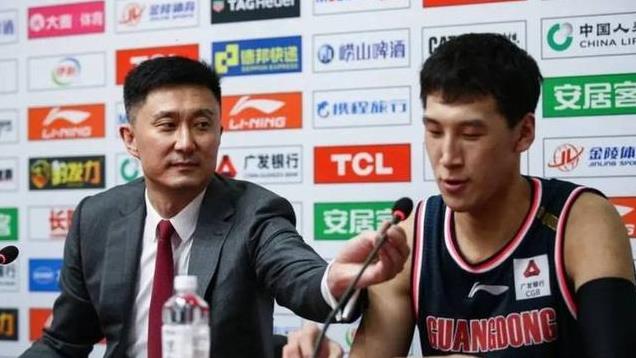
Let's look at the events leading up to this. After the match against Shandong, Zhao Rui was suspended for five games and fined ten thousand due to his collision with the referee. This incident caused an uproar throughout the CBA circle.
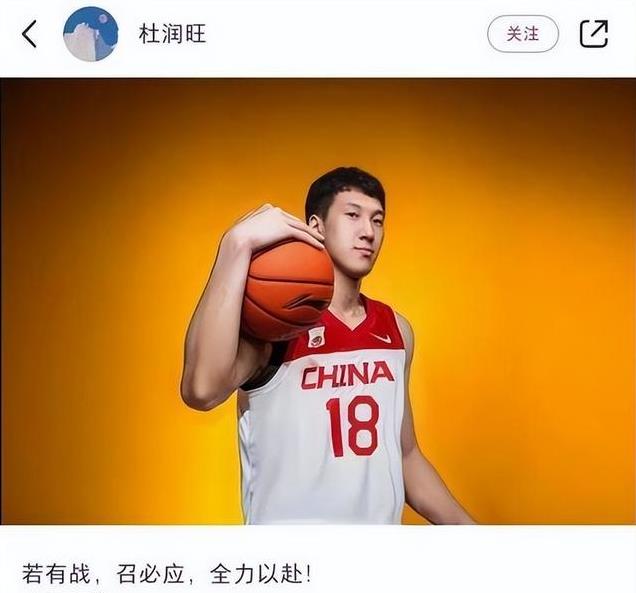
Although this punishment appears severe, in reality, most fans believe that Zhao Rui received a light sentence. Why do they say this? Because everyone believes that his action of colliding with the referee was severe and should have received a harsher punishment. When compared to Du Runwang's physical altercation with an opponent, Zhao Rui's behavior is seen as significantly more serious. Du Runwang did have a conflict, but at least he didn't strike the referee; this time, Zhao Rui went too far.
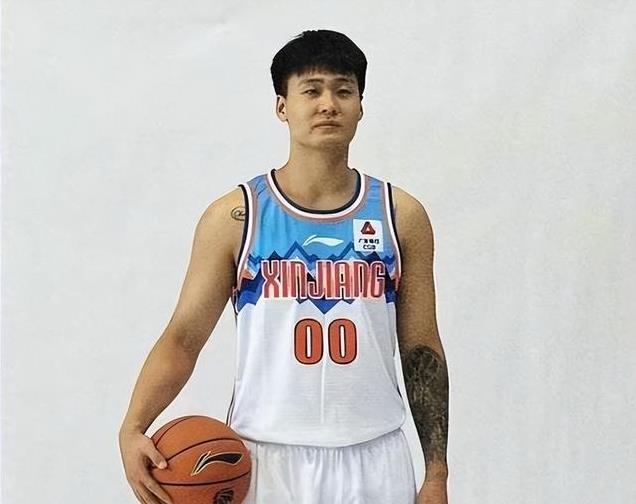
Returning to the match, let's examine the cause. According to video replay, Zhao Rui was fouled by Yu Dehao of Shandong while attempting a layup. This action seemed problematic – not only were hands involved, but Zhao Rui was also kicked. Imagine, basketball courts are already filled with intense physical confrontations, but this kick sent Zhao Rui's emotions spiraling out of control. Moreover, the referee's ruling was questionable; no foul was called, naturally angering Zhao Rui.
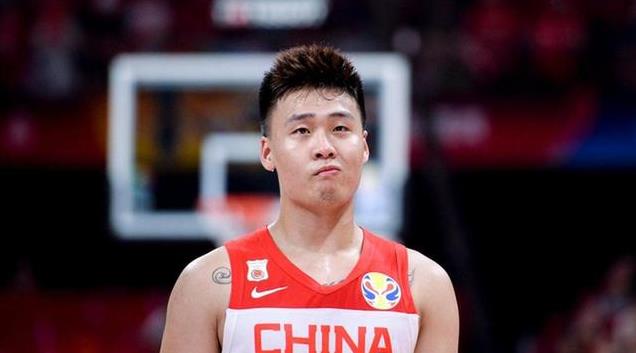
This minor refereeing error complicated the entire situation, which is truly disheartening. Some netizens discussing this matter stated: The current level of refereeing is... sometimes rulings are made too casually, without considering the emotional changes of the players. If Zhao Rui could see that it was a foul, perhaps he could have controlled his emotions. But the referee didn't blow the whistle, isn't that just pouring oil on the fire?
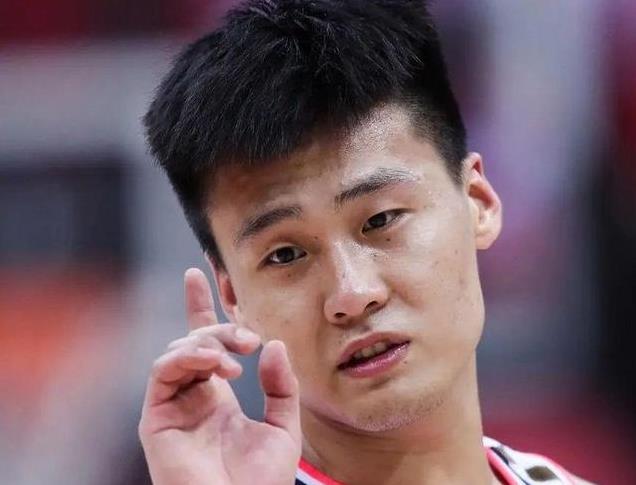
Is this fair to the players? However, the refereeing issues extend beyond this single incident; the CBA has long faced unclear and inconsistent refereeing. The standards seem to vary from game to game, and sometimes almost all fouls are called, while some obvious ones go unpunished. In such circumstances, player emotions are already unstable; allowing referees to make mistakes at crucial moments inevitably leads to conflicts.
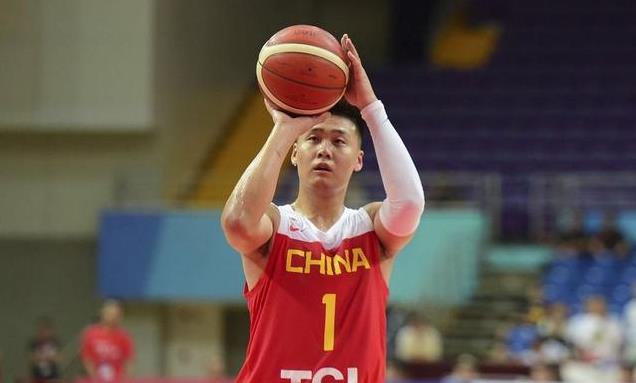
This conflict between Zhao Rui and the referee is a product of such unfair rulings. Regardless, Zhao Rui's collision with the referee was inappropriate. As a professional player, he should control his emotions; even if the ruling is unfair, he must remain calm. This type of behavior, regardless of the court, is unacceptable.

A five-game suspension and a fine of ten thousand, although somewhat lenient, is not entirely unreasonable. Looking at the impact of Zhao Rui's suspension.
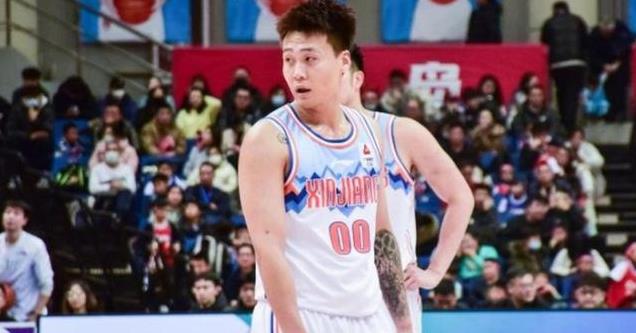
A five-game suspension is no small matter, meaning Zhao Rui will miss many matches. This is a significant loss for the team and a considerable lesson for Zhao Rui personally. Think about it; in the future, whenever he steps onto the court, the relationship between the referees and him will undoubtedly become more tense. He must also reflect on how to interact with referees in the future to prevent such situations from happening again.
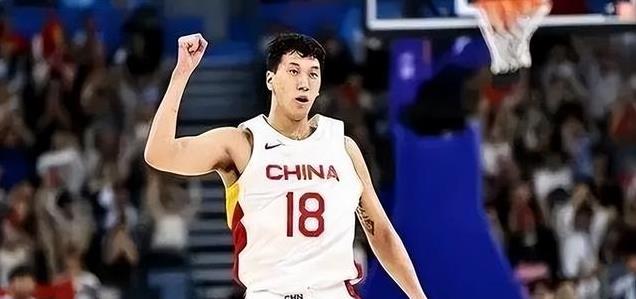
Consider the subtle relationship between players and referees; Zhao Rui's actions have undoubtedly intensified his opposition to referees. How can he face them in the future? Some netizens also mentioned: Zhao Rui's suspension serves as a wake-up call to other players. Everyone must be more cautious and avoid impulsive actions due to refereeing issues in the future.
Indeed, this incident is not only a lesson for Zhao Rui but also a warning for the entire CBA. Players must control themselves on the court, no matter how angry or dissatisfied they are; otherwise, it sets a bad example.
In fact, the root of the problem lies in the referees' rulings. If the referee had decisively made the correct ruling at the time, Zhao Rui's emotions would likely have stabilized, and the incident of colliding with the referee would not have occurred. However, the reality is that the level of CBA referees has always been controversial, causing concern among everyone. If referees continue to make mistakes, will similar incidents occur again?
During a game, frequent or unclear foul rulings undoubtedly affect player emotions. Some say: If CBA referees don't make real improvements, this situation will continue to occur.
To avoid such conflicts, the CBA company must fundamentally solve the referee issue. First, strengthen the training of referees to improve their ruling levels and ensure that every ruling is clear and fair. Referee management must also keep pace; they cannot become the main characters in the game.
The focus of the game should be on the players, not controversies over rulings. If referees' rulings are more precise, games will naturally flow better, players can stay calm, and the likelihood of conflicts will significantly decrease.
Some netizens finally summarized: The CBA must thoroughly improve referee management and not allow referees to become the source of players' emotional outbursts. It's also essential to strengthen players' emotional management so that games truly become a contest of basketball skills.
They're right; if interactions between referees and players become more harmonious, the quality of the entire league can improve.